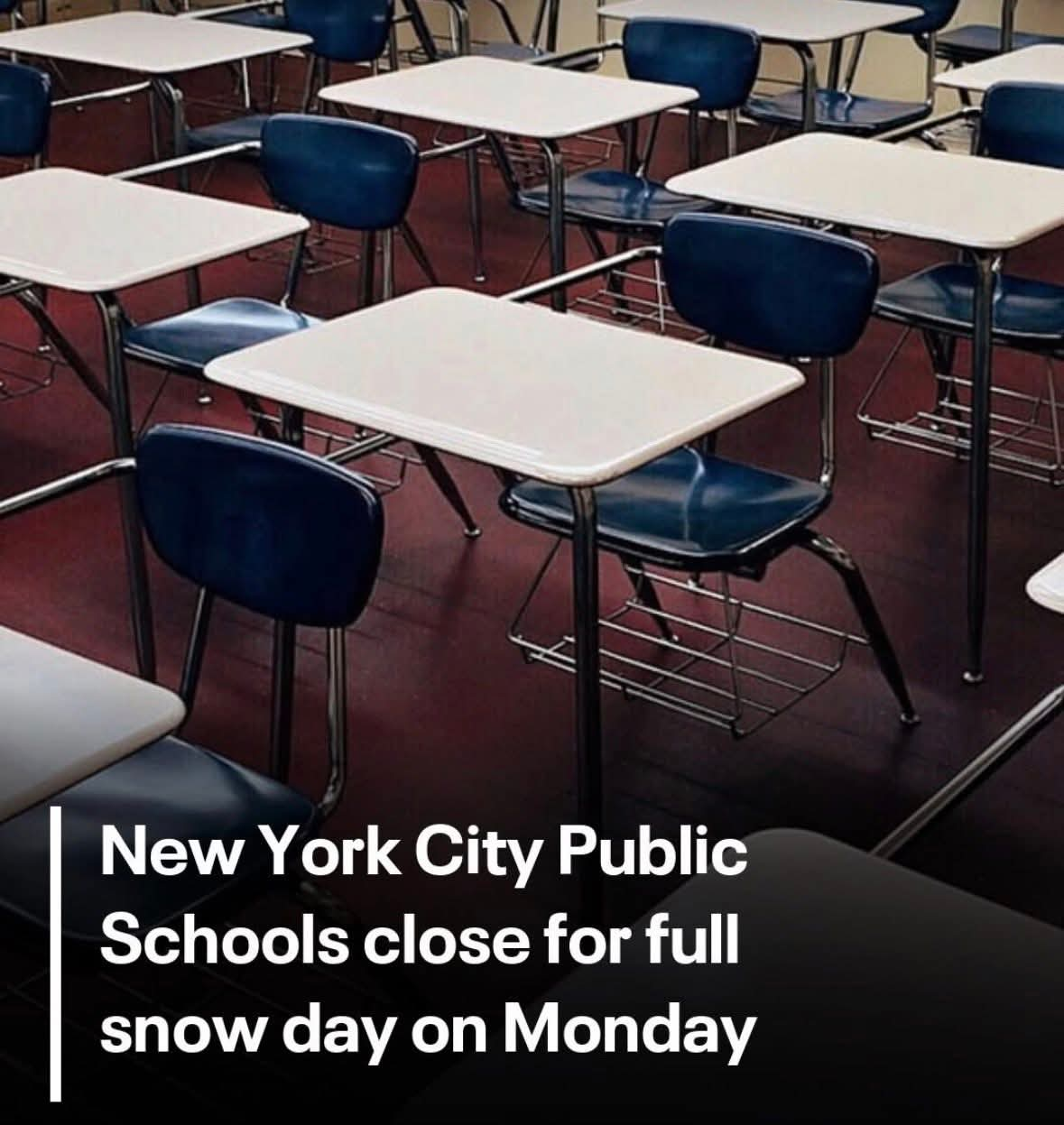Curriculum & Programs
HMH Into Reading
HMH Into Reading builds strong readers and writers through a structured, joyful literacy experience. Students learn phonics, comprehension, vocabulary, grammar, and writing using a mix of small-group instruction, read-alouds, and culturally responsive texts. The program supports multiple learning styles and provides digital tools for practice at school and home.
Amplify Science
Amplify Science is built around investigation, exploration, and real-world problem-solving. Students learn by doing—conducting experiments, analyzing data, building models, and reading like scientists. The curriculum is fully aligned with the Next Generation Science Standards (NGSS) and supports strong scientific thinking from an early age.
enVision Math
EnVision Math helps students understand mathematical concepts through visual models, hands-on activities, real-world problem solving, and interactive technology. Lessons encourage students to think critically, explain their reasoning, and build confidence in grade-level math skills.
Passport to Social Studies
Our Social Studies program uses the NYC DOE’s Passport to Social Studies curriculum, which encourages students to explore history, geography, culture, economics, and community through primary sources and inquiry-based learning. Alongside this, Civics for All teaches students how to understand their community, participate respectfully, and become informed, active citizens.




